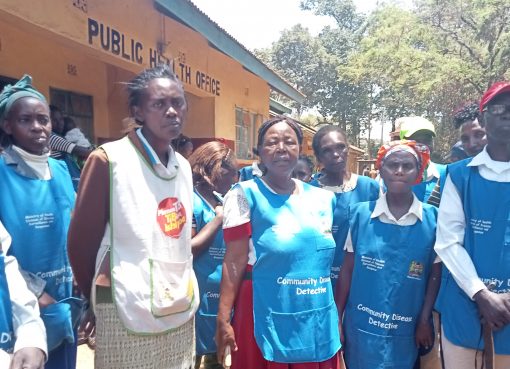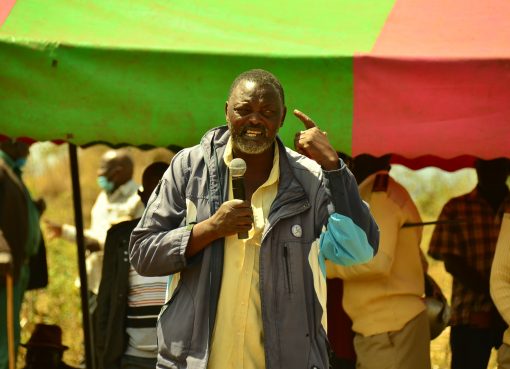The government intends to regenerate the ecosystems towards building a climate-resilient environment through the 15 billion Tree Growing Initiative.
The Principal Secretary for the Department of Forestry, Gitonga Mugambi, said the initiative aims to restore degraded landscapes and achieve a 30% tree cover target by 2032.
Speaking at the 2024 Forest Society of Kenya (FSK) National Dialogue and AGM held at a hotel in Bomet, Mugambi stated, “This ambitious initiative is not just about planting trees; it’s about regenerating ecosystems, supporting local communities, and building a climate-resilient Kenya.”
The event, themed Future Outlook of the Forestry Sector in Kenya for Green Growth and Landscape Restoration, was attended by Bomet’s Deputy Governor Shadrack Mutai and County Commissioner Dr. Ahmed Omar.
Mugambi underscored the deep connection between forests, communities, and the economy, declaring: “Forests are the lungs of our planet. They play a crucial role in mitigating climate change, preserving biodiversity, sustaining livelihoods, and advancing our Bottom-Up Economic Transformation Agenda (BETA).”
Highlighting the importance of the dialogue, Mugambi said, “We are here to shape policies and strategies that will drive economic growth while safeguarding our environment for future generations.”
He noted that the discussions would focus on integrating science-based technologies to effectively implement landscape restoration strategies.
The Principal Secretary commended the event’s organisers for creating a platform that unites experts and stakeholders to explore innovative forestry techniques, restoration methods for degraded lands, and the role of agroforestry in promoting sustainable livelihoods.
Mugambi emphasised the need for collaborative approaches to forest restoration, stating, “From empowering youth and women in tree-growing initiatives to exploring innovative financing models, we are laying the groundwork for an inclusive and resilient future. Forests are not only vital for environmental sustainability, but they also significantly contribute to Kenya’s economy.”
As Kenya transitions to a green economy, Mugambi highlighted the potential of Payment for Ecosystem Services (PES) and carbon markets.
“Our forests offer an incredible opportunity to position Kenya as a leader in sustainable forestry practices, attracting global investments, creating jobs, and fostering rural development.”
However, he acknowledged the challenges ahead, noting that the role of professional foresters is evolving. “We must address skill gaps and the environmental stresses affecting our forests, including pests, diseases, forest fires, and invasive species,” he said.
Protecting endangered species and promoting the commercialisation of indigenous trees are critical for balancing conservation with economic growth.”
Mugambi also stressed the importance of robust policies and institutional frameworks to support the forestry sector.
He termed the upcoming Forest Policy 2023 and amendments to the Forest Conservation and Management Act 2016 as vital tools for sustainable forest management and community engagement.
Reflecting on a decade of devolved forestry functions, he urged the continuous refinement of policies to enhance the adoption of sustainable practices across all government levels.
He also emphasized that global best practices, such as the REDD+ mechanism and carbon markets, can pave the way for equitable benefit-sharing and safeguard the rights of Indigenous communities, whose traditional knowledge is essential for successful restoration efforts.
By Lamech Willy





